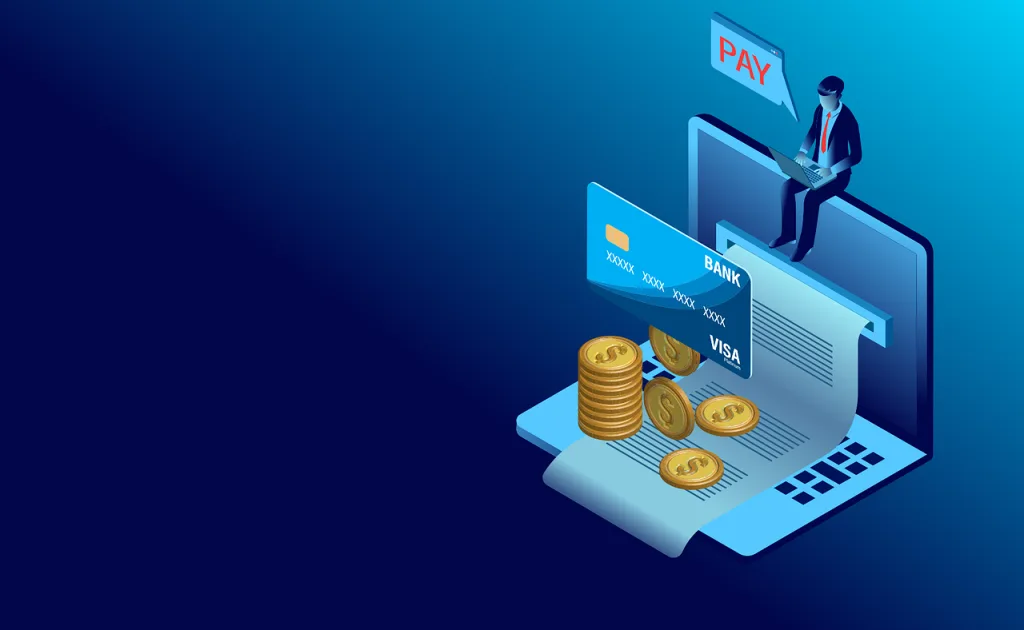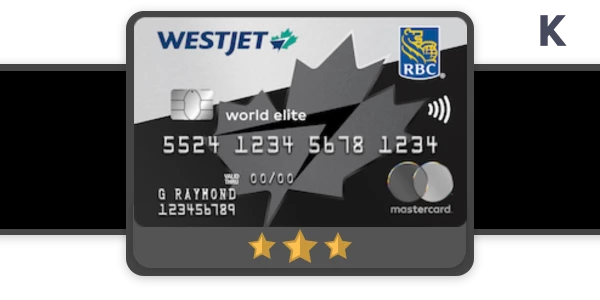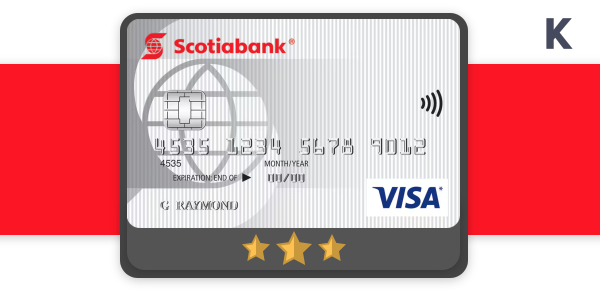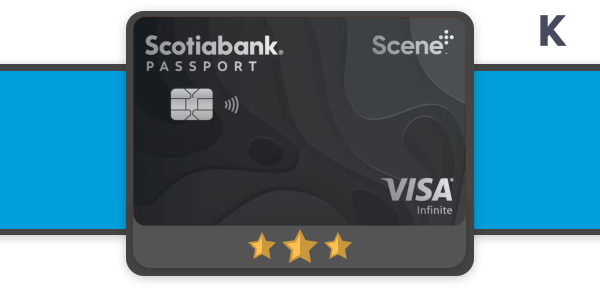Credit card debt can feel overwhelming, but you’re not alone. Many Canadians are juggling multiple balances, high interest rates, and the stress that comes with it. The good news? Paying off your credit card debt is possible with a solid plan. Let’s dive into strategies that can help you take control of your finances.
Why Credit Card Debt Is a Problem
High-interest rates on credit cards can quickly turn a small balance into a hefty one. This can make it difficult to pay off the principal, especially if you’re only making minimum payments. Over time, you could end up paying more in interest than you initially borrowed.
The Impact on Your Financial Health
- Damaged credit score: Carrying high balances affects your credit utilization, a key factor in your credit score.
- Stress and anxiety: Debt can take a toll on your mental health.
- Limited savings: More debt means less room in your budget for savings or investments.
For more on improving your credit score, check out our guide on Credit Scores in Canada: What They Are and How to Improve Yours.
Create a Plan to Pay Off Debt
1. List All Your Debts
Start by listing every credit card you own, along with their balances, interest rates, and minimum monthly payments. This will give you a clear picture of your financial situation.
2. Choose a Repayment Strategy
Here are two popular methods for paying off debt:
- The Snowball Method: Pay off the smallest debts first to gain momentum.
- The Avalanche Method: Focus on paying off the debt with the highest interest rate first to save on interest costs.
Both methods are effective, so choose the one that keeps you motivated.
Consolidate Your Debt
If you’re struggling with multiple payments, debt consolidation might be an option. This involves combining your debts into one loan with a lower interest rate.
Learn more about whether this is the right move for you by reading Debt Consolidation: Is It the Right Move for You?.
Cut Down on Expenses
Reducing your spending can free up more money to pay off your debt. Here are some tips:
- Create a budget: Track your income and expenses to identify areas where you can cut back.
- Cancel subscriptions you don’t use: Services like streaming platforms and gym memberships can add up.
- Limit dining out: Cook at home to save money.
Boost Your Income
An additional source of income can make a significant difference. Consider these options:
- Part-time job: Even a few extra hours a week can help.
- Freelancing: Use your skills to earn money online.
- Selling unused items: Declutter and make some cash.
For more budgeting tips, explore our post on The Basics of Budgeting: A Beginner’s Guide for Canadians.
Avoid Common Pitfalls
- Don’t close your credit cards immediately after paying them off: This can negatively impact your credit score.
- Avoid taking on new debt: Focus on clearing what you already owe.
- Be cautious with balance transfers: These can help if you find a low-interest offer but watch out for transfer fees.
Celebrate Small Wins
Paying off debt is a marathon, not a sprint. Celebrate milestones to keep your morale high. Whether it’s paying off your first card or hitting a certain balance, every step forward is progress.
Tackling credit card debt isn’t easy, but it’s worth it. With the right plan, discipline, and resources, you can regain financial freedom. Remember, the first step is often the hardest, but every small action gets you closer to a debt-free life.



